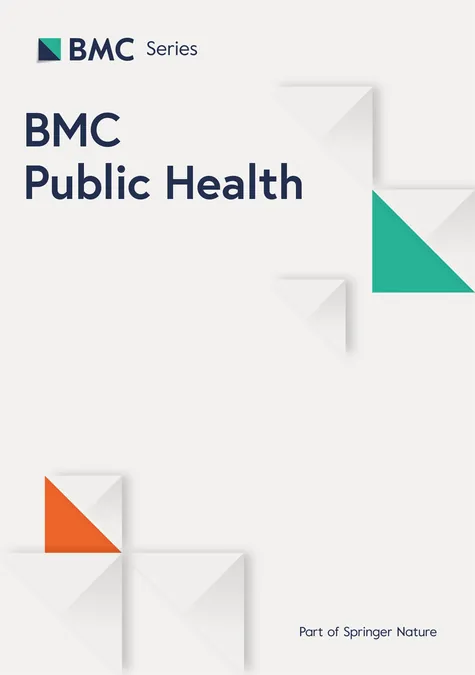
The Truth About Soy After Menopause: New Research Reassures Women on Safety and Benefits
2024-12-03
Author: Benjamin
A groundbreaking study from the University of Toronto's Temerty Faculty of Medicine is shedding light on the safety of soy foods for women post-menopause, addressing longstanding concerns about their connection to cancer risks.
The researchers conducted a systematic review and meta-analysis incorporating data from 40 trials involving more than 3,000 participants, focusing specifically on the impacts of soy isoflavones, which are plant-based compounds that mimic estrogen. Their findings, now published in *Advances in Nutrition*, reveal that soy isoflavones do not influence critical markers associated with estrogen-related cancers, providing a sigh of relief for those wary of including soy in their diets.
Senior author Laura Chiavaroli, an assistant professor of nutritional sciences, emphasizes the dual benefits of soy during a time when the risk of cardiovascular disease significantly rises for women: "The risk of cardiovascular disease increases substantially as women go through menopause, so soy can offer dual benefits during this particular phase of life."
Despite these reassuring findings, many still avoid soy due to fears stemming from misinformation. Specifically, isoflavones' structural similarity to estrogen has led to widespread caution; however, the current research suggests a different narrative. "We hear very often that people have a lot of concerns about consuming soy because there are so many conflicting messages out there," explains Gabrielle Viscardi, the study’s lead author and a PhD student in nutritional sciences.
Notably, renowned health organizations—including the Canadian Cardiovascular Society—have endorsed soy foods as part of a healthy diet, highlighting their status as a complete source of high-quality protein that can help in reducing heart disease risk. Additionally, soy has been shown to mitigate menopausal symptoms like hot flashes, which can severely impact the quality of life for many women.
The U of T study specifically analyzed postmenopausal women worldwide, comparing those who consumed soy isoflavones to a control group without isoflavones for over three months. Results indicated no significant changes in four crucial estrogen-related markers—including uterine lining thickness and circulating estrogen levels—suggesting that soy behaves differently from human estrogen, particularly regarding cancer susceptibility.
Viscardi notes the unique nature of soy isoflavones: "Isoflavones from soy don’t bind to all the estrogen receptors equally, which is why we see positive effects on cardiovascular health without adverse impacts on the female reproductive system." This distinction not only marks a departure from hormone replacement therapy (HRT) but also positions soy as a viable alternative.
As more individuals shy away from HRT due to personal health backgrounds—such as an increased risk of estrogen-sensitive cancers or cardiovascular diseases—incorporating soy into a balanced diet presents a beneficial strategy for managing menopausal symptoms while also promoting heart health.
Chiavaroli points out that these findings are in line with Health Canada's dietary recommendations that advocate for more plant-based proteins, highlighting the potential environmental benefits alongside health advantages.
“We hope our study will help people feel more comfortable including soy foods in their diet without being concerned that it’s going to increase their risk of estrogen-dependent cancer,” she states.
As the discourse around soy continues to evolve, this research provides a crucial foundation for women to reevaluate their dietary choices post-menopause, potentially leading to better health outcomes now and in the future.
For women navigating the complexities of menopausal symptoms, embracing soy might just be the key to improving both their health and well-being.









 Brasil (PT)
Brasil (PT)
 Canada (EN)
Canada (EN)
 Chile (ES)
Chile (ES)
 España (ES)
España (ES)
 France (FR)
France (FR)
 Hong Kong (EN)
Hong Kong (EN)
 Italia (IT)
Italia (IT)
 日本 (JA)
日本 (JA)
 Magyarország (HU)
Magyarország (HU)
 Norge (NO)
Norge (NO)
 Polska (PL)
Polska (PL)
 Schweiz (DE)
Schweiz (DE)
 Singapore (EN)
Singapore (EN)
 Sverige (SV)
Sverige (SV)
 Suomi (FI)
Suomi (FI)
 Türkiye (TR)
Türkiye (TR)